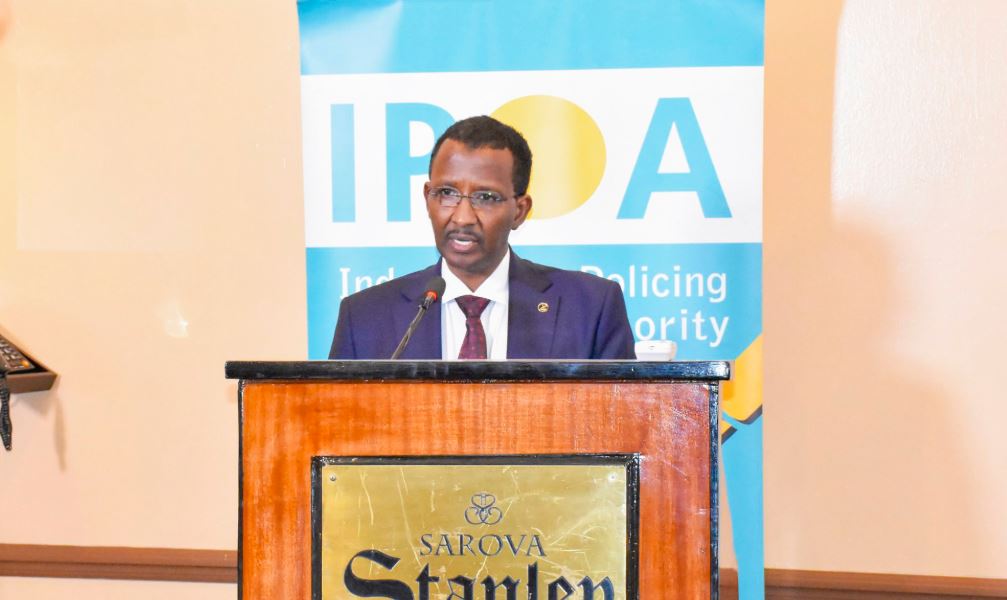A new report by the Independent Policing Oversight Authority (IPOA) has exposed major breaches of Kenyan law and police protocol during recent protests sparked by the death of Albert Ojwang’ in police custody. The July 2025 report, covering demonstrations in June and July, criticizes the conduct of police officers and raises alarm over systemic issues in managing public assemblies.
According to IPOA, police officers deployed to handle the protests failed to display name tags or service numbers as required under Schedule Six of CAP 84 of the Laws of Kenya. In several cases, officers were observed in plainclothes, and some police vehicles had concealed license plates, severely hindering efforts at accountability and oversight.
The first protest, held in Nairobi on June 12, was a peaceful demonstration demanding justice for Ojwang’. Despite the absence of formal notification to the Central Police Station, the gathering concluded without reported arrests or injuries. However, the deployment of armed officers, the use of teargas, and roadblocks along key roads raised concerns.
More troubling developments occurred during a June 17 protest in Nairobi and Mombasa, where officers from the General Service Unit (GSU) and other specialized units responded in full riot gear. One protester, Boniface Mwangi Kariuki, was shot and later died. IPOA investigated the incident and secured the prosecution of officer Klinzy Masinde Barasa in Criminal Case No. 010 of 2025.
The report also documented the involvement of unidentified civilians armed with whips, infiltrating protest crowds, and worsening the chaos. Widespread destruction followed, with police stations torched and businesses looted in at least ten counties, including Nairobi, Kiambu, Meru, and Embu.
Despite 65 civilian deaths and 342 injuries, police only reported five fatalities to IPOA. Additionally, no evidence was found that officers provided medical assistance or deployed ambulances, as required by law.
IPOA also flagged serious welfare concerns for police officers, citing lack of meals, water, or proper allowances during operations.
The report concludes with a stern call for reform, accusing the police of treating peaceful protests as riots and failing to uphold the constitutional right to assemble under Article 37.

